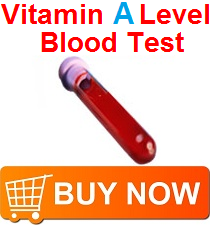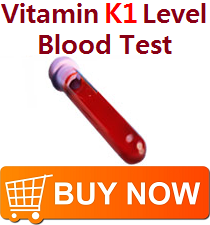 |
| Fat Soluble Vitamins |
Fat soluble vitamins are micro-nutrients that play an important role in our bodies and in our health, the body needs fat soluble vitamins mainly in small amounts, and although it is rare to develop disease due to a lack of fat soluble vitamins, inadequate diet would lead to a display of deficiency symptoms.
There are two types of vitamins, water soluble and fat soluble, and as water soluble vitamins are readily destroyed and need constant replacement in the body, fat soluble vitamins are not, they are stored in the liver and in the adipose tissues for a long time, they are slowly eliminated from the body which is why it’s important to watch out for mega-doses of such vitamins to avoid toxicity.
There are mainly four fat soluble vitamins in our bodies and they are Vitamin A,D,E and K.
Vitamin A (Retinol):
Vitamin A plays many roles in the body, it is also called retinol to refer to its function in producing certain pigments for the retina of the eye, vitamin A helps maintain a good vision especially in low light, aside from that vitamin A has a part in the reproduction process, in bone growth, in cell divisions and in boosting the immune system. It is also a powerful antioxidant that could be used as prophylaxis against certain cancers.
Vitamin A is found in carrots, green vegetables, liver, fish and pumpkin.
Vitamin A deficiency leads to a condition called xerophthalmia, which is a disease characterized with the inability of the eye to produce tears, rough skin and blindness at night are also signs of vitamin A deficiency.

Vitamin D:
Vitamin D’s main function is to help the absorption of calcium and phosphorus from the small intestine to be later used in the process of bone growth, it is highly needed in the proper amounts for children specifically in order to build strong bones and strong teeth.
Vitamin D is found in milk, cod liver oil, in sardines and salmon, in addition, vitamin D is produced by the skin as a response to sunlight.
Vitamin D deficiency leads to rickets and a flat back of the skull in children and in adults leads to osteoporosis and osteomalacia, its deficiency also increases the risk of hypertension and autoimmune disease.
Vitamin E:
Vitamin E acts as an antioxidant, it also plays a role in the prevention of red blood cells destruction.
There is thought to be a connection between Vitamin E consumption and a lower risk of heart disease and cancer development.
Vitamin E is found in fruits and vegetables, hazelnuts, almonds, soybeans and sunflower.
Vitamin K:
 The fourth member of fat soluble vitamins, vitamin K is a very important element in blood coagulation, also known as blood clotting, it is thought to have a part in the promotion and maintenance of bone health as well.
The fourth member of fat soluble vitamins, vitamin K is a very important element in blood coagulation, also known as blood clotting, it is thought to have a part in the promotion and maintenance of bone health as well.
Vitamin K is found in spinach, broccoli, cabbage and other green leafy vegetables, it is also found in soybean oil, olive oil and cottonseed oil.
Vitamin K deficiency could result in hemorrhage especially for people taking anticoagulant or antibiotic medications.
Antibiotic medication on long term use could lead to killing the intestinal bacteria that is responsible for the production of vitamin K, thus leading to deficiency and a higher risk of hemorrhage.


